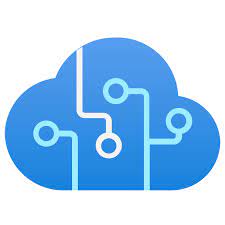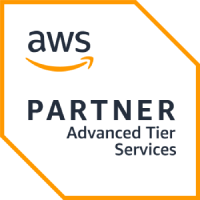
Impact by the NUMBERS
Translating Technology into a Positive Impact
3X
Faster delivery of analytics projected
15%
Reduction in IT infrastructure cost
The Challenge
A large healthcare network faced challenges such as siloed data sets, asset fragmentation and duplication, a lack of robustness in data endeavors, and a significant deviation from architecture best practices. All these factors combined to result in a limited delivery of strategic business vision, necessitating the implementation of a unified data platform.
The Solution
Addo AI designed and built a unified AI-enabled Big Data Platform capable of acting as a centralized big data management platform, to enable efficient decision-making for our client’s business users, efficient data accessibility for downstream digital applications, and support for data science and artificial intelligence workloads. The platform was to serve as the centralized analytics infrastructure for various business units. The solution consisted of the following features:
- Data migration: The proposed data integration strategy focuses on a well-governed, incremental route to migration that focuses first on high-value data that can deliver business results in priority areas, with minimal disruption to existing applications and analytics workloads, instead of an all-at-once approach.
- Sunset of the legacy system: Informatica’s suite of data integration tools to expedite the process of data ingestion and integration.
- Data analytics environment setup: A hybrid data analytics platform is selected which combines multiple modular components that work together to meet the demands.
- Data governance: Applications and systems were developed outside of an enterprise-wide portfolio management discipline which has led to the existing or “as-is” environment of “siloed” information resources characterized by unnecessary redundancy, inconsistency and even contradictory data, and inconsistent methods for rendering or modeling data. With proper data governance, performance improvements were made available at all levels.
- BI reports: To create visualizations and dashboards for faster and easier decision-making.
- Implementation of AI use cases: Targeted Marketing, Population Health Segmentation
- Key platform components: Data Ingestion, Data Lake Storage, Data Warehouse Storage, Virtualization, Business Intelligence, ML, Data Governance, and Security.
The Results
- Reduced overall cost of IT infrastructure
- Faster Delivery of Analytics
- A single source of truth and information
Technologies Used

Azure ML Flow

Power BI

Azure DevOps

Azure Synapse

Azure Data Lake Storage Gen2

Azure Cognitive Services

Databricks















